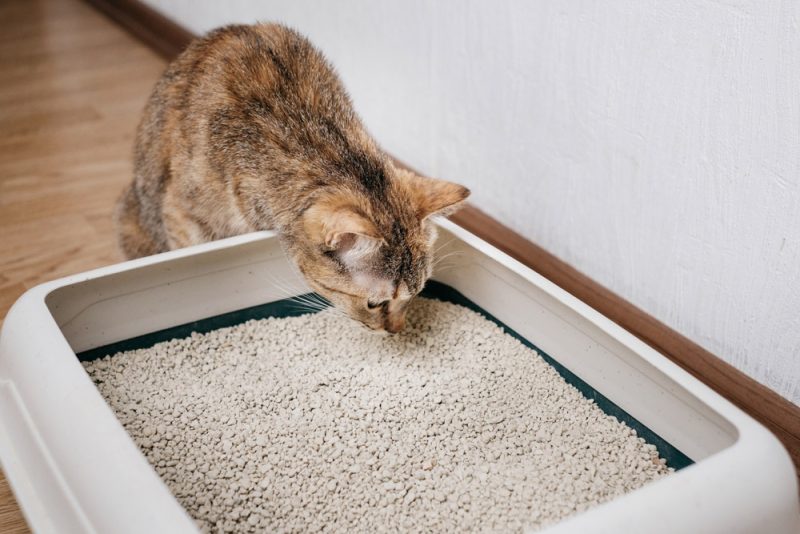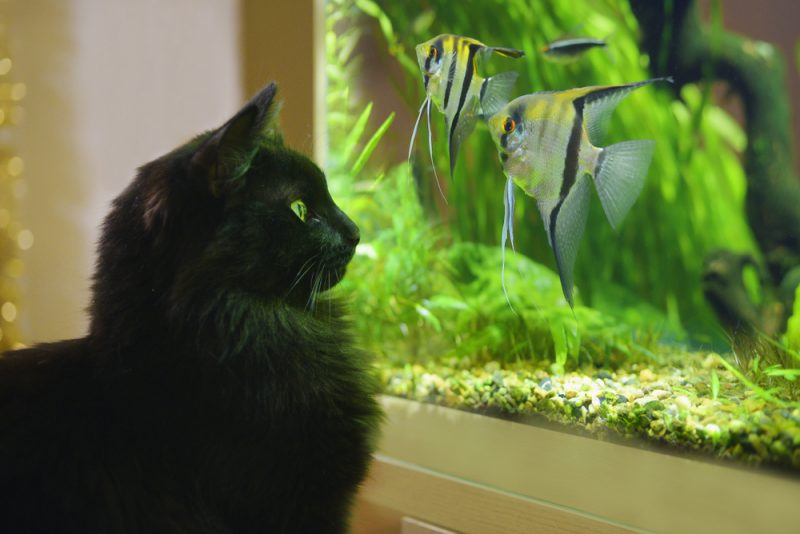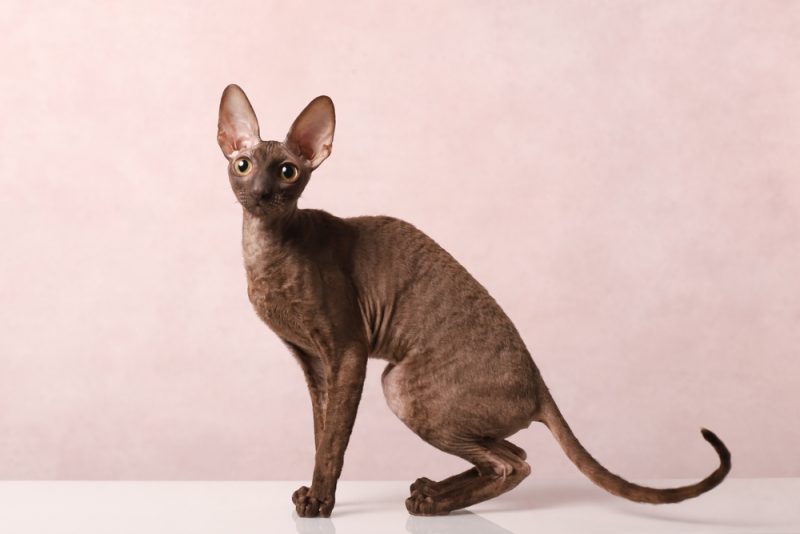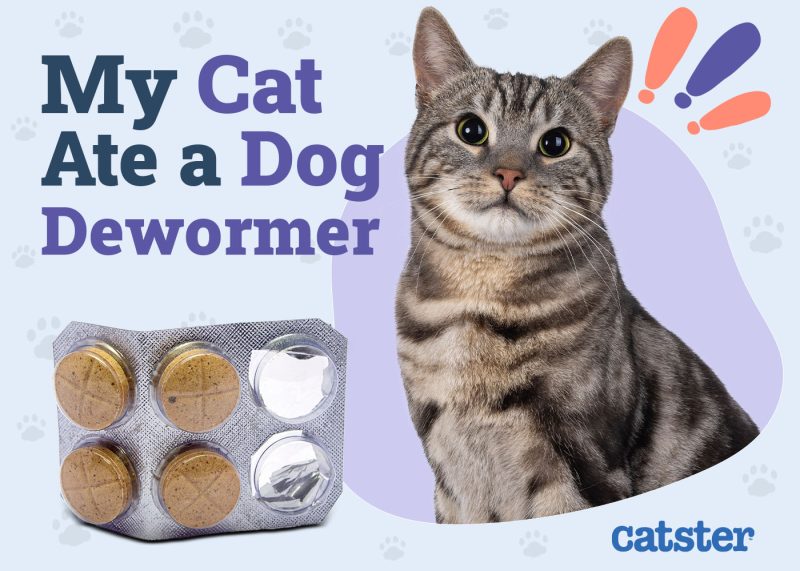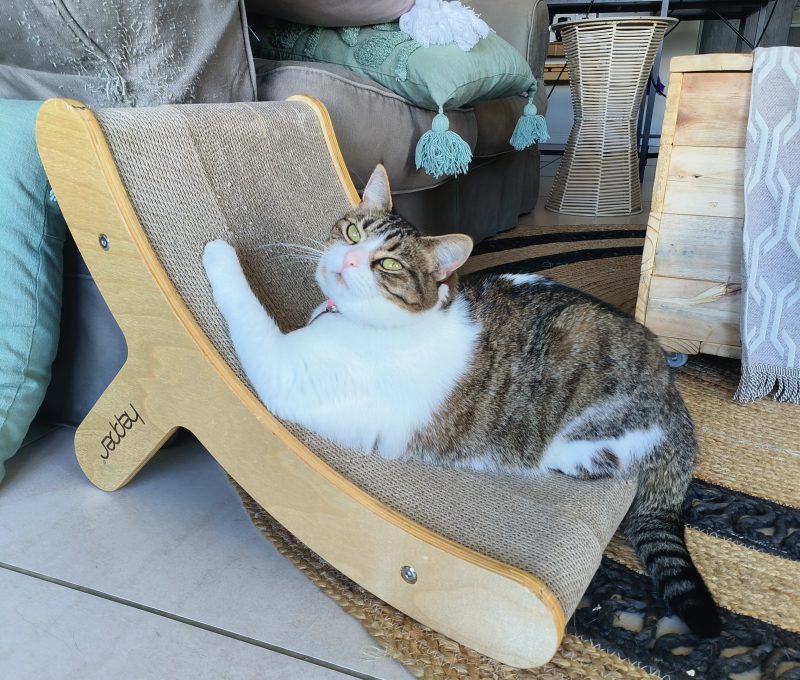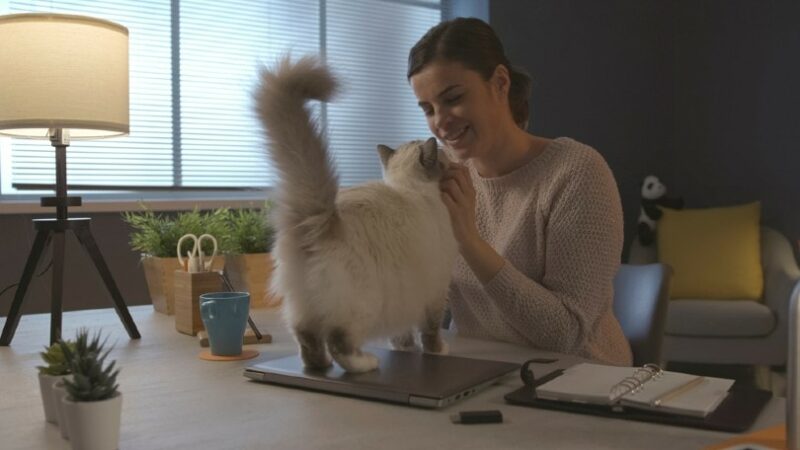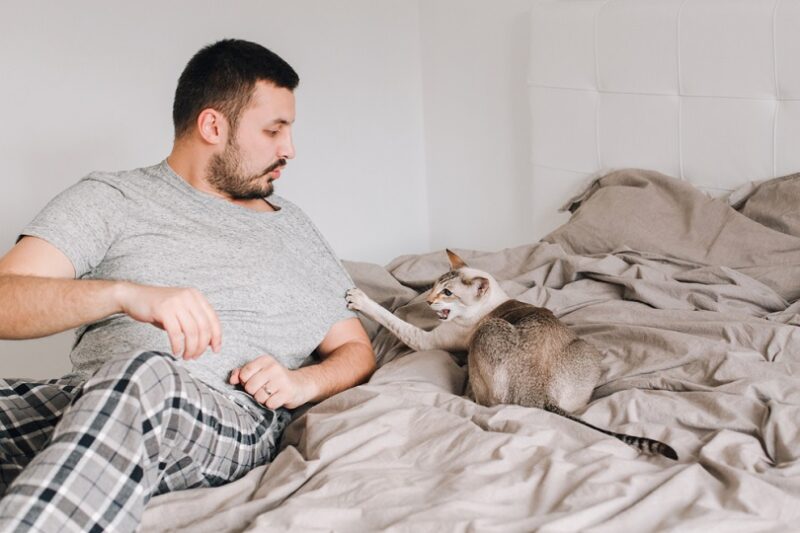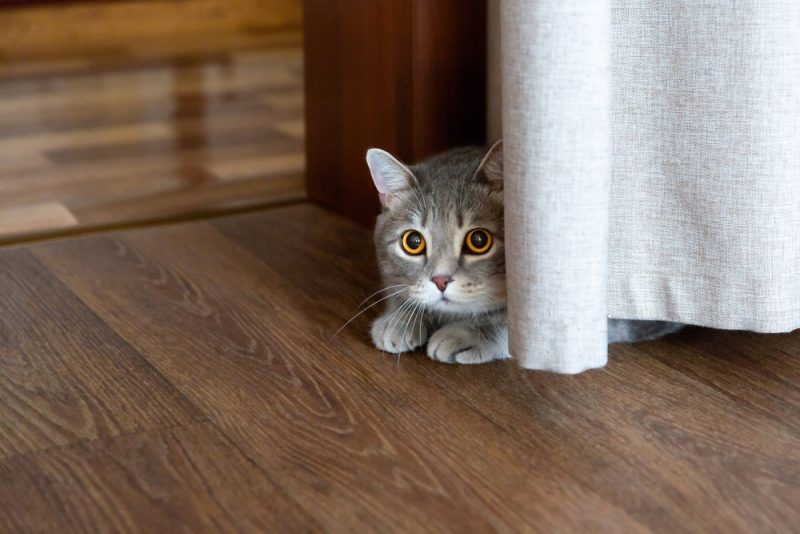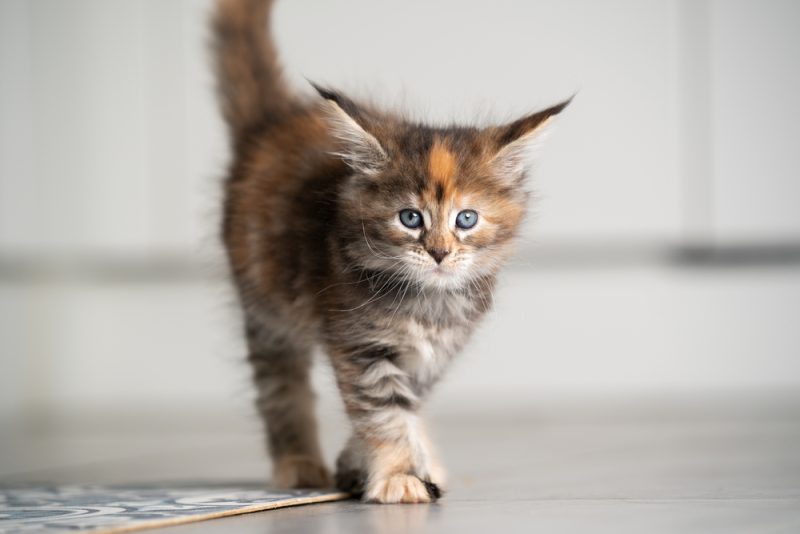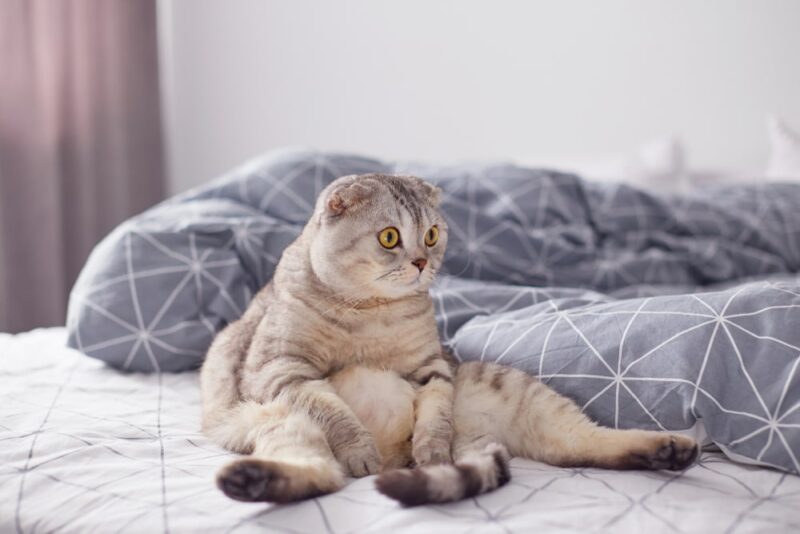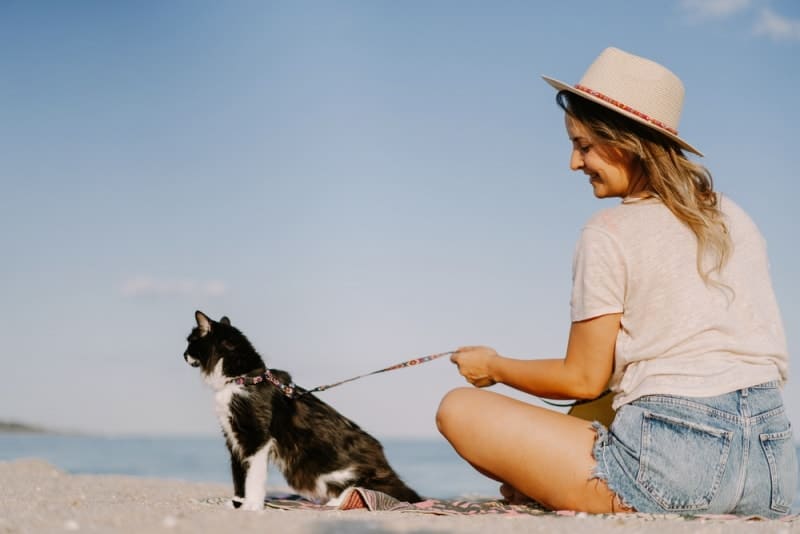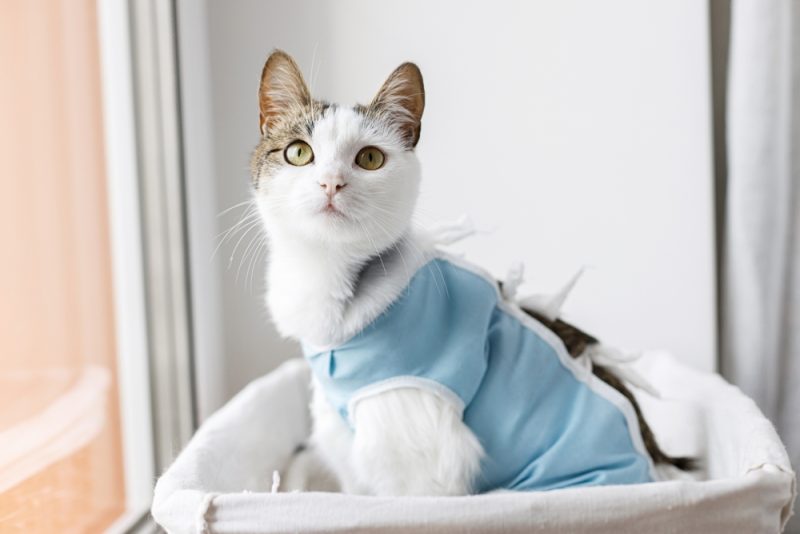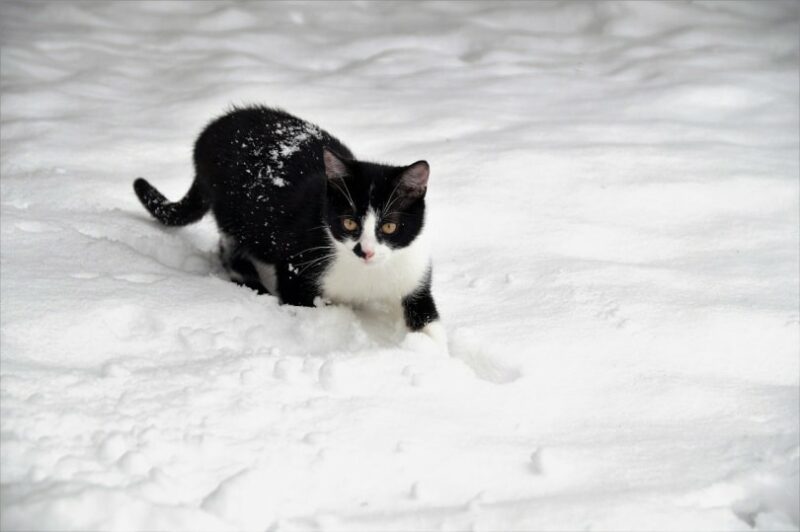In this article
In general, you should add about 2–3 inches of litter in your litter box. Of course, the exact amount will depend on your cat’s preferences and the size of your litter box. You want to provide enough depth for your cat to dig and cover their waste. You may need to add non-clumping litter slightly deeper—around 3–4 inches.
Keep reading to find out when you may need to add more or less litter.

How Much Litter to Put in a Litter Box
You should maintain an adequate depth in your cat’s litter box. Typically, this means keeping the litter amount within 2–3 inches. However, some cats may prefer more or less. You may need to adjust the amount you add based on your cat’s needs.
Adding more litter does not reduce how often you need to clean your box. It will just lead to cat litter getting kicked out of the box. You’ll still need to scoop the litter daily to keep the box clean. As you scoop, add more litter to keep the necessary amount.
Ensure that the litter is properly distributed along the bottom of the box. The depth should be consistent, and your cat may mess with this consistency as they use the box. You may need to correct it as necessary.
Different types of cat litter have different densities and absorbency. We recommend reading the instructions on the package to figure out exactly how much litter you may need of that particular kind. When the package contradicts the 2–3 inches rule, follow the package instructions. You can always adjust later if it seems too much or too little.
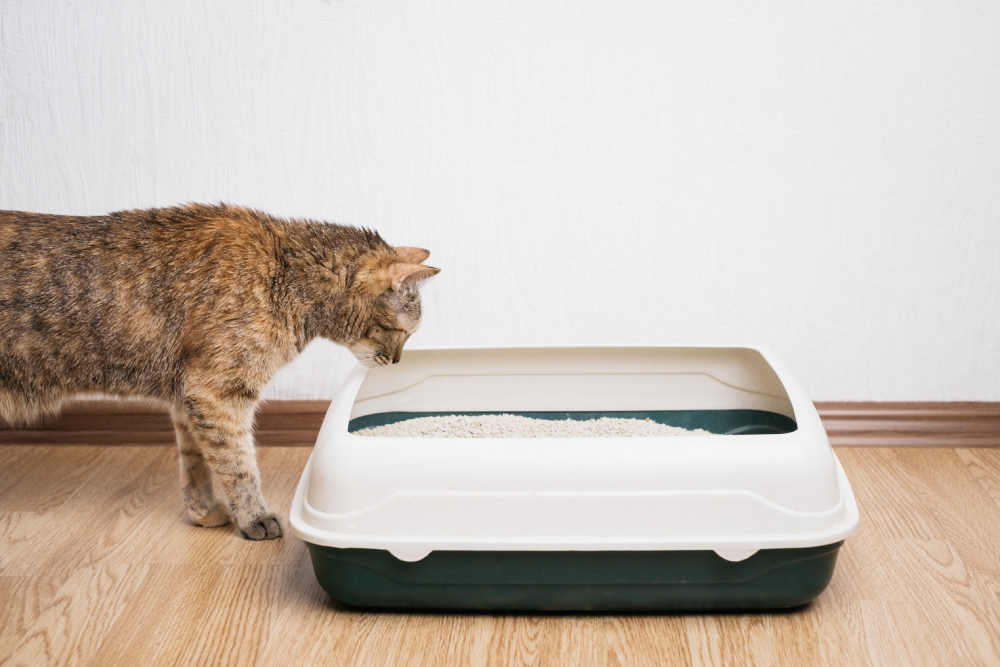
Can You Put Too Much Litter in a Litter Box?
You can put too much litter in a litter box. Your cat may not want to use a litter box that has too much litter in it, and they may show you by not using the litter box at all. Furthermore, even if your cat does use the box, they may kick a bunch of litter out of the box.
Having too much litter on the floor can also confuse your cat, as they may think that the floor is the litter box. Keep this in mind when determining how much litter to add to your box.
Adding too much litter can also make it harder to remove the soiled parts promptly. You may be unable to remove all of the soiled litter, forcing you to change the whole litter box and waste the excess. If you’re using clumping litter, too much litter can lead to a limit in the litter’s clumping ability.
How to Tell If You’re Using Too Much Litter?
You want the box filled with just enough litter. Figuring this out can be a challenge, though. In some cases, it can be easy to go overboard.
Luckily, there are several ways you can tell if you’re using too much litter in your litter box.
- Your cat plays in the litter box. If your feline is playing around inside the litterbox, there is a very good chance that you’re using too much cat litter.
- You add litter all the time. If you despise the chore of cleaning the litter box, you may add litter slowly to avoid cleaning it. However, this can only make it harder to use, especially if you’re using clay litter. The clay litter can form hard, heavy clumps if used in excess.
- Your cat doesn’t go all the way in. If there is too much litter, your cat may avoid going all the way in. They may try to use the litter box with only their front half inside. This kind of behavior can also occur if your litter box is too small. You’ll probably need to do a bit of trial and error to figure out the underlying problem.
- Litter ends up everywhere. If there is too much litter inside the litter box, it will spill more easily. Therefore, if you notice a lot of cat litter all over your floor, it may be that you’re using too much cat litter in your box.
If you notice any of these signs, you may want to reduce the amount of cat litter you use.
Should You Measure When Adding Cat Litter?
You don’t have to add exactly 2 inches—your cat isn’t that picky. However, if you’ve never used a particular litter box, you may want to measure it the first time to get an idea of how much litter 2 inches is.
Of course, if it makes it easier for you, you can absolutely measure it every time. You can also measure 2 inches and make a small mark on the inside of the litterbox to use after that.
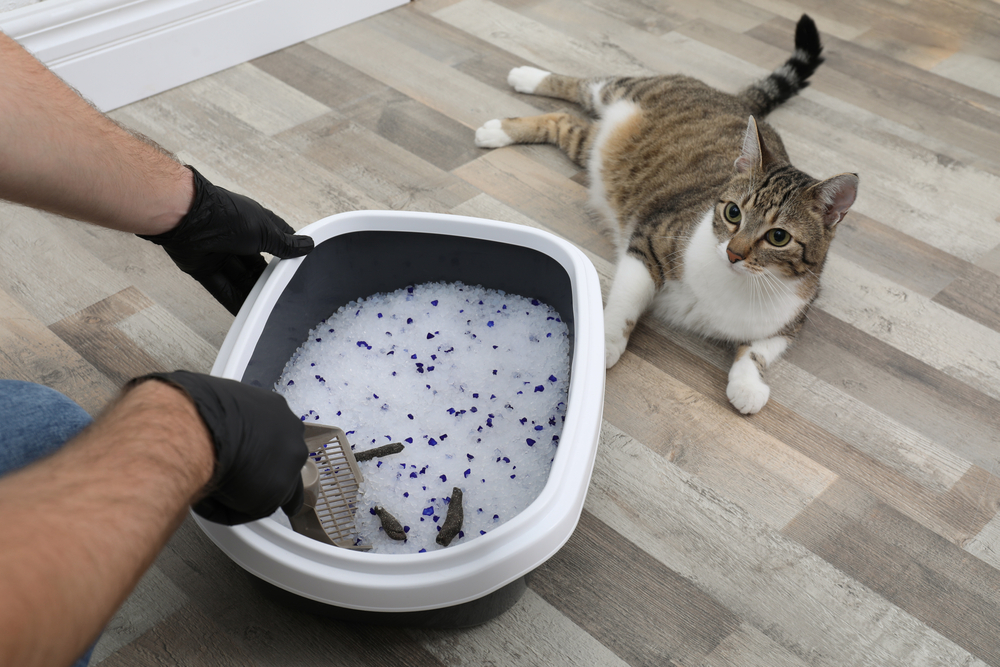
How Often Should You Scoop a Litter Box for One Cat?
Preferably, you should scoop out the litter box once a day, even if you only have one cat. A cleaner litter box prevents poor bathroom habits, which can make your job quite a bit easier. Furthermore, a dirty litter box can carry plenty of pathogens, such as Toxoplasma, making your cat or even you sick. Keep this in mind when you’re determining your scooping schedule.
If you have more than one cat, you may need to increase how often you scoop the litter box. However, the minimum is still once a day.
On top of scooping, don’t forget that you need to clean the litter box regularly and well. All the litter needs to be removed once a week or so, and you may want to consider scrubbing the actual box, too. The plastic itself can hold onto odors, so it’s important to clean your litter box well.
Combating tough cat litter smells is an ongoing battle for pet parents but luckily, there are products out there designed to help! Two products that significantly reduce odors are the Hepper Litter Additive and the Hepper Enzyme Spray. At Catster, we’ve admired Hepper for many years and decided to take a controlling ownership interest so that we could benefit from the outstanding designs of this cool cat company!
Image
Product
Details
Best Enzyme Cleaner
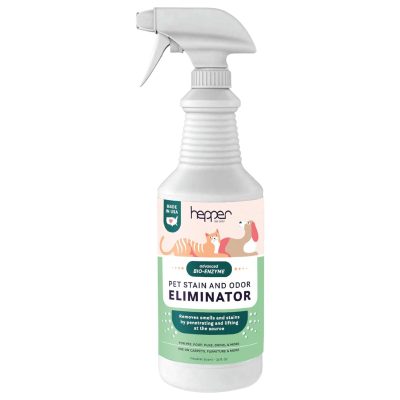
Hepper Advanced Bio-Enzyme Pet Stain & Odor Eliminator Spray
CHECK PRICE
Best Litter Additive
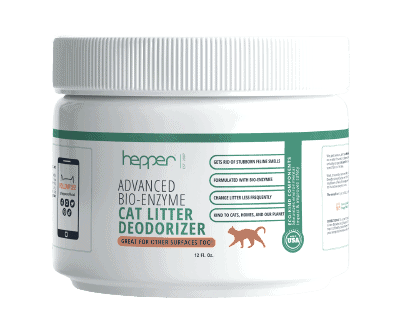
Advanced Bio-Enzyme Cat Litter Deodorizer
CHECK PRICE

Conclusion
For the vast majority of situations, you’ll need to add 2–3 inches of cat litter to your litter box. For most cats and boxes, this is the perfect amount of litter. However, there may be times when you need to increase or decrease the amount of litter that you use, depending on your cat’s individual preferences, litter box size and depth, and type of litter.
Feel free to adjust the amount of cat litter you add to figure out exactly how much your feline needs.
Featured Image Credit: Duet PandG, Shutterstock
